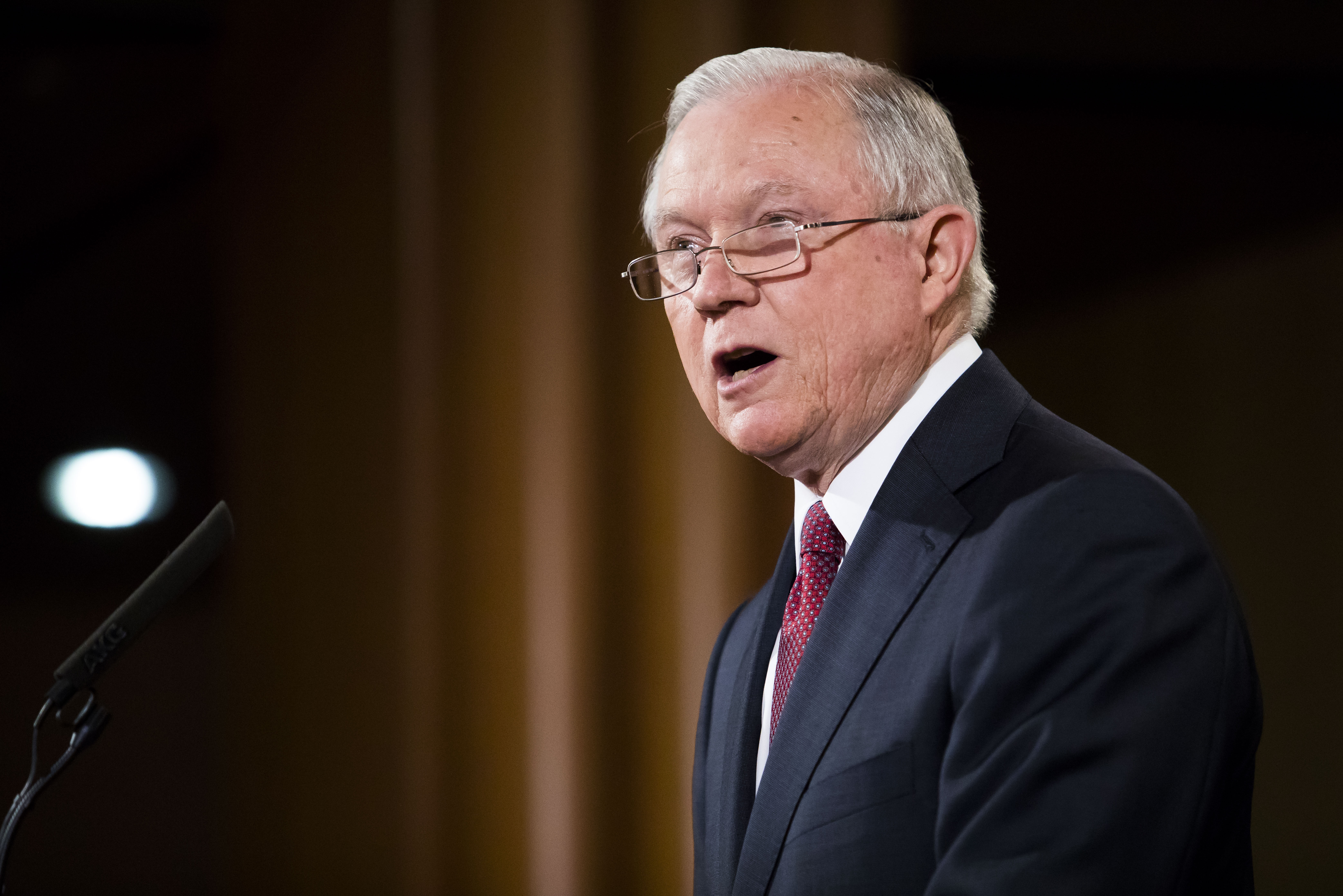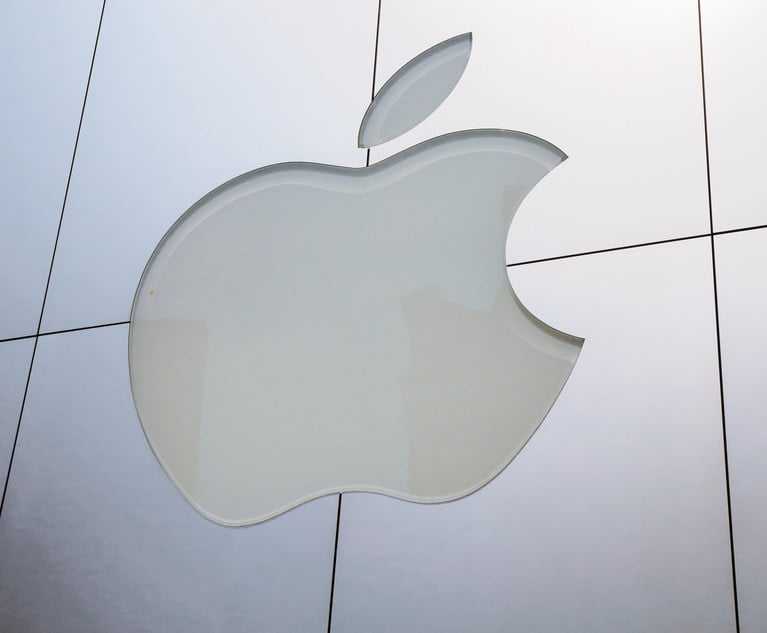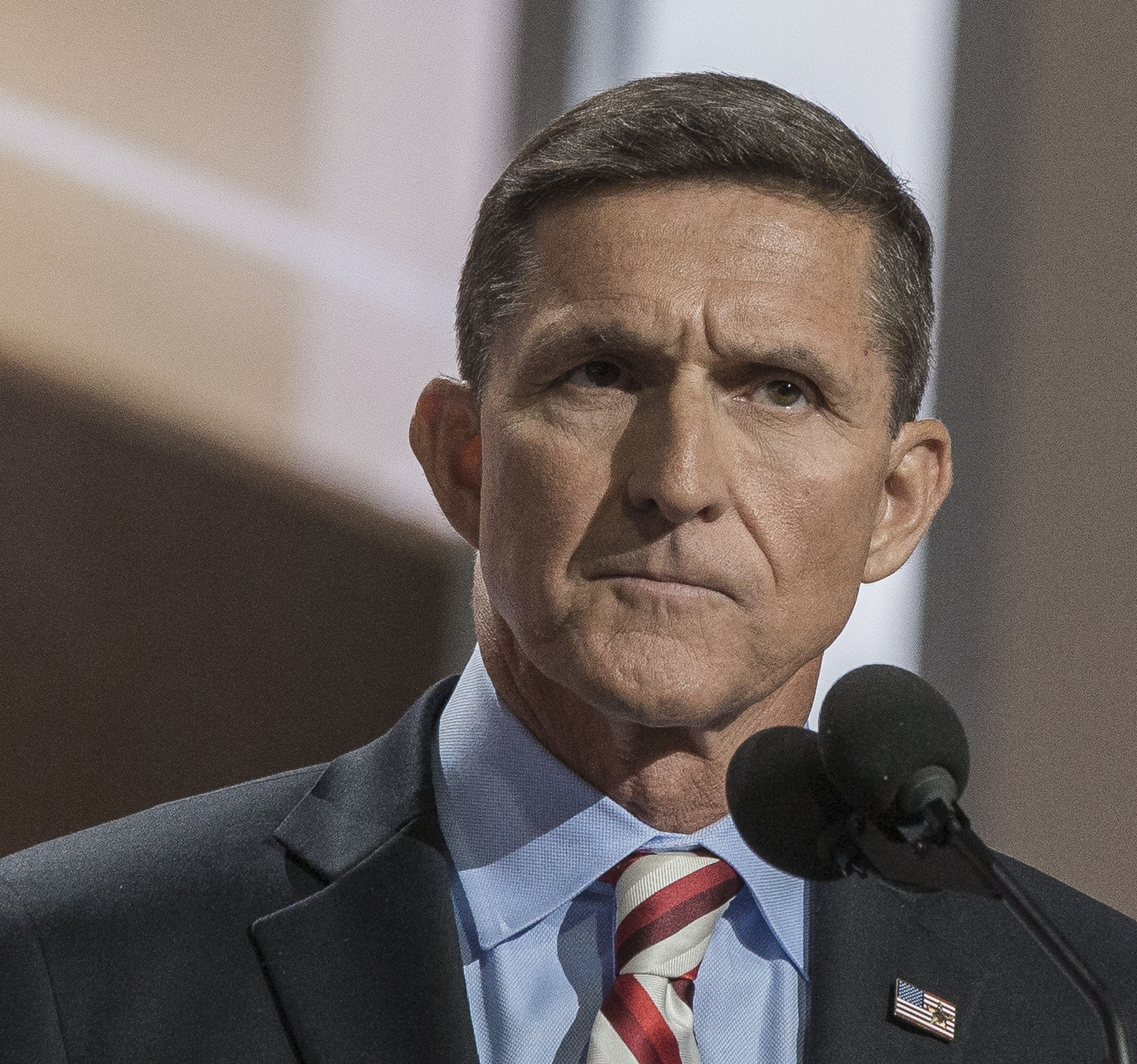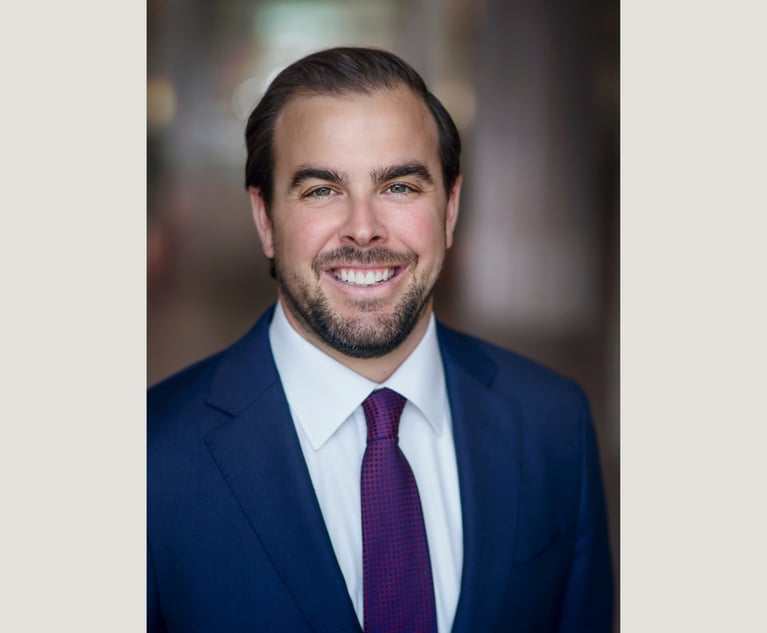Telia Company AB was fined more than $730 million for Foreign Corrupt Practices Act (FCPA) violations in 2017, Haliburton, nearly $30 million and Mondelez International, $13 million. Other examples abound. Given these staggering penalties, the announcement late last year that the Department of Justice was issuing a revised FCPA Corporate Enforcement Policy creating a presumption in favor of declination for companies voluntarily disclosing FCPA violations was welcome news. The new FCPA policy provides the much-needed assurance that fulsome voluntary self-disclosure of FCPA violations will likely serve to avoid criminal prosecution. At the same time, the new FCPA policy signals that the government will continue to combat corporate misconduct by focusing on individual misconduct, an approach unveiled during the previous administration through the “Yates Memo.” Finally, by clearly recognizing the benefits of incentivizing voluntary disclosure, the DOJ (and perhaps other federal agencies) may be moving closer to a formal nonprosecution policy in other areas, thus eliminating the existing uncertainty about the benefits of a voluntary disclosure.
The New FCPA Policy
In recent years, FCPA enforcement has been a DOJ priority. At the beginning of 2016, it was reported that 40 new lawyers and FBI agents had been dedicated to foreign-bribery probes. The DOJ also launched a pilot program that allowed prosecutors to consider prosecution declinations for companies that self-disclosed FCPA violations. And in April 2017, U.S. Attorney General Jeff Sessions identified enforcement of the FCPA as a “critical” initiative of the Trump administration.


 Attorney General Jeff Sessions has called FCPA enforcement a “critical” mission of the Trump administration.
Attorney General Jeff Sessions has called FCPA enforcement a “critical” mission of the Trump administration.




